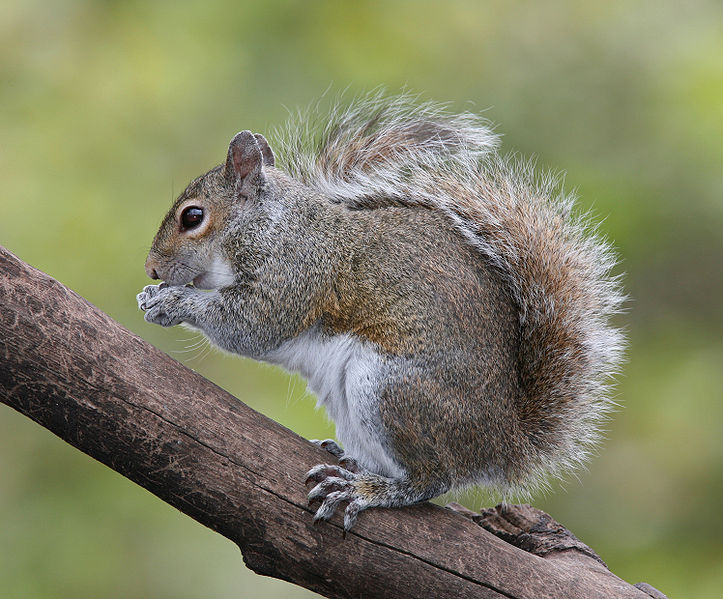
And did you know that the hairs on a camel hair brush come from the tail of this creature?

photo by BirdPhotos.com
(Though they sometimes come from an ox or a pony.)
But that's to take nothing away from the beautiful camel itself:

photo: By Garrondo - Own work, CC BY-SA 3.0, https://commons.wikimedia.org/w/index.php?curid=4613526
Those one-humped camels in the picture are dromedaries, and the two species of camels with two humps are called Bactrian camels. The second species of these, the Wild Bactrian camels found China and Mongolia is, sadly, extremely rare.
Although camels are usually associated with dry places (and, I'm afraid, bad-temper) there's another sort of camel that's found in water. This camel is either a fender tied to a boat to stop it knocking against a wharf, or a larger buoyant version of more or less the same thing attached to a boat to make it float higher in the water.
So you can get camels on (very) dry land, in the sea - and you get them in the air, too. This is the World War 1 plane called the Sopwith Camel:

The hump-shaped metal casing designed to protect its machine guns gave the plane its (unofficial) name.
If you're somewhere where there are no boats or camels (which would be a sad thing) then camel is also light sandy sort of a colour.
This means that, sadly, a camel coat isn't fancy dress, or an item of clothing with some eccentric padding, but a winter garment entirely unsuitable for wearing in muddy conditions.
Spot the Frippet: camel. This word is Old English and goes right back to the Greek kamēlos, the Hebrew or Phoenician gāmāl, and is related to the Arabic jamal.
No comments:
Post a Comment
All comments are very welcome, but please make them suitable for The Word Den's family audience.